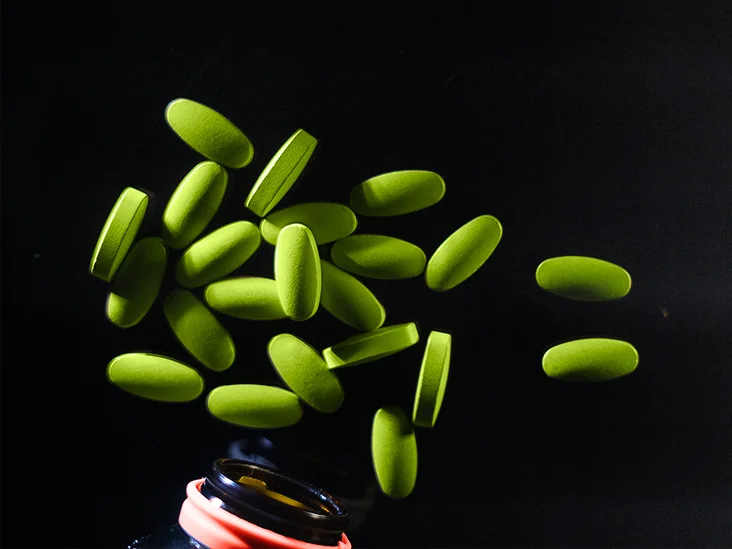Vitamins A, C, and E are essential for maintaining good eye health. B vitamins and other nutrients can also be good for the eyes.
Deficiencies in particular vitamins can increase the risk of some eye conditions, such as cataracts, glaucoma, and age-related macular degeneration. Research suggests that some vitamin and mineral supplements may help protect against or slow the development of these conditions.
This article outlines the vitamins and minerals essential for good eye health and how people can add them to their diet. Vitamin A is essentialTrusted Source for good vision.
It is a component of the protein rhodopsin, which allows the eye to see in low-light conditions. According to the American Academy of Ophthalmology, a deficiency in vitamin A can lead to night blindness. Vitamin A also supports the function of the cornea, which is the protective outer layer of the eye. A person who is deficient in vitamin A may find that their eyes produce too little moisture to stay lubricated.
Beta carotene is the primary source of vitamin A in the human diet. Beta carotene is a type of plant pigment called a carotenoid that exists in many colorful fruits and vegetables. When a person consumes carotenoids, their body converts the pigments into vitamin A.
Alpha tocopherol is a form of vitamin E that has particularly powerful antioxidant properties. Antioxidants help fight free radicals, which damage tissues throughout the body. Sometimes, free radicals may damage proteins within the eye.
This damage can result in the development of cloudy areas — cataracts — on the lens of the eye. A 2015 meta-analyses concluded that a high intake of vitamin E, whether through the diet or supplementation, may reduce the risk of developing cataracts. Vitamin C plays an important role in the eye itself, protecting against UV light damage.
While the concentration of vitamin C in the eyes lessens with age, diet and supplementation can counteract this.
Vitamin C also helps protect against oxidative damage. Oxidative damage is a key factorTrusted Source in two of the most common age-related cataracts: cortical and nuclear cataracts.










